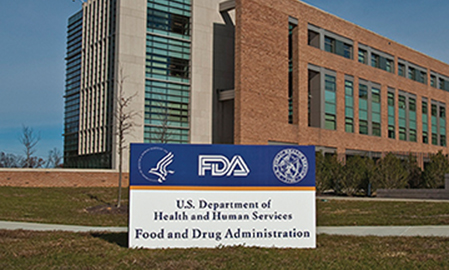A McKinsey Center for Government analysis shows that in the period 2001-2010, FDA approved 88% of NDAs and BLAs that were supported by advisory committees and did not approve 86% of those not endorsed by the committees.
“When the approval decision made by FDA differed from the recommendation of the advisory committee, FDA did so at the same rate regardless of whether the panel endorsed approval,” the report says.
The McKinsey team found that in 87% of committee meetings, the result was a clear “yes” or “no” vote, possibly due to committee members’ expertise in their field that allows them to readily address areas of uncertainty in an application. Another possible explanation, the report says, is a “herding” effect in which influential members convince others of their point of view.
McKinsey says its results have important implications for companies preparing for potential advisory committee meetings. “We believe that the use of bodies akin to advisory committees could be considerably expanded by industry,” the report says.
“Companies currently use mock advisory panels to help rehearse and prepare for advisory committee meetings,” it notes. “Given the sensitivity and specificity of the approach, companies may be better served by incorporating the approach into decision-making, not merely preparation.”
From the January 01, 2014 Issue of MM+M - Medical Marketing and Media







